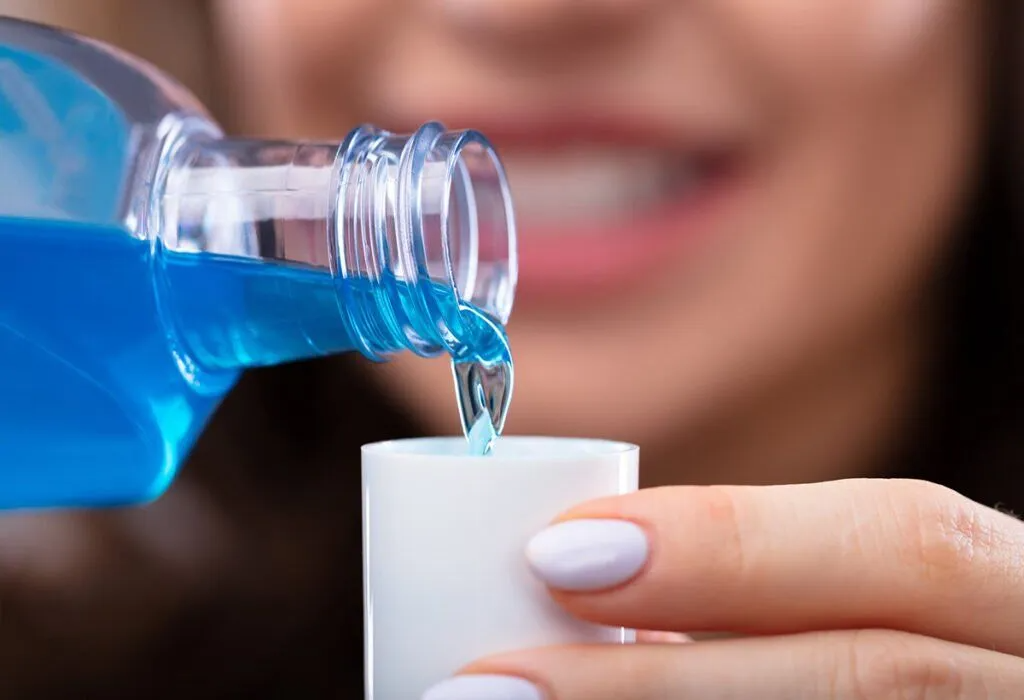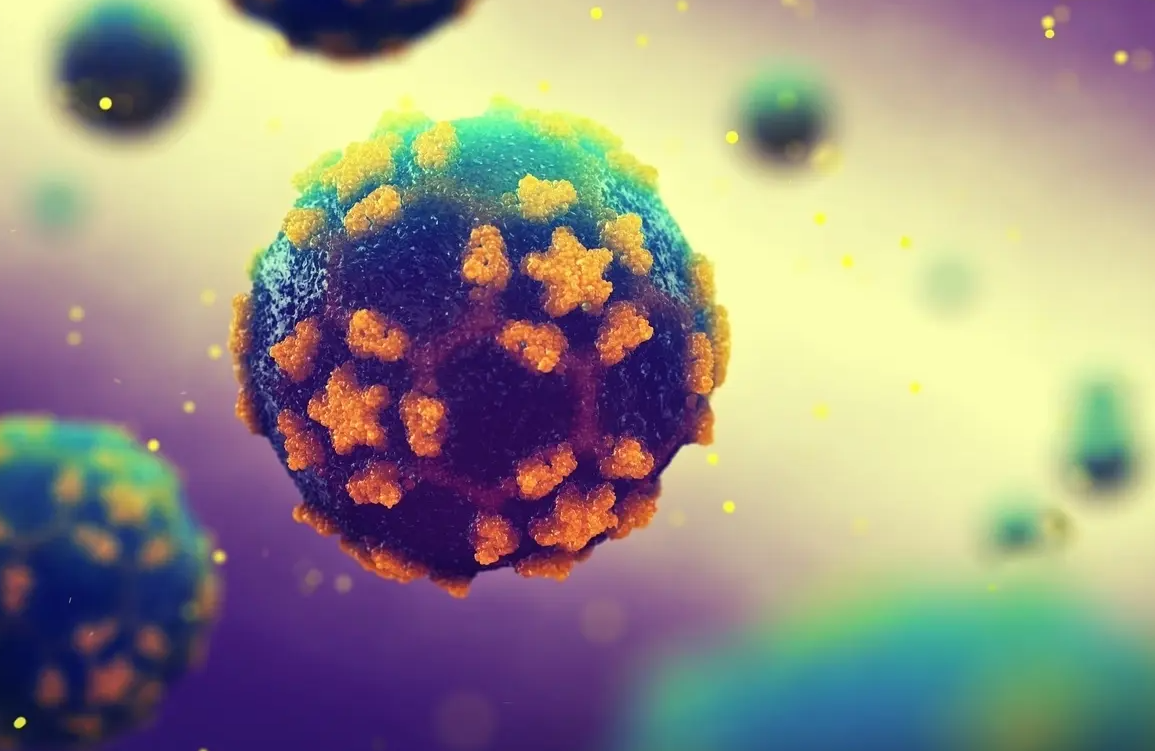The link between Listerine mouthwash and cancer risk is a complex issue with ongoing research. Here’s a breakdown of what we know:
-
Some Studies Suggest a Connection: A recent study published in the Journal of Medical Microbiology found an association between frequent Listerine use (specifically the alcohol-based kind) and an increase in certain bacteria in the mouth. These bacteria have been linked to gum disease, esophageal cancer, and colorectal cancer in other studies.
-
Important Caveats Exist: This is just one study, and more research is needed to confirm a definitive cause-and-effect relationship between Listerine and cancer. Additionally, the study focused on changes in mouth bacteria, not directly causing cancer.
-
Alcohol Content May Play a Role: The concern lies with the alcohol content in some Listerine mouthwashes. While it kills some bacteria, it might disrupt the natural balance in your mouth, potentially allowing harmful bacteria to thrive.
-
Experts Remain Cautious: Major health organizations like the American Cancer Society haven’t established a clear link between Listerine and cancer.
Here’s what you can do:
-
Talk to Your Dentist: Discuss your oral hygiene routine and any concerns you have with your dentist. They can advise on the best mouthwash for your specific needs.
-
Consider Alcohol-Free Options: Many effective mouthwashes other than Listerine are available that don’t contain alcohol.
-
Maintain Good Oral Hygiene: Brushing twice daily, flossing regularly, and seeing your dentist for checkups are crucial for overall oral health.
Remember, maintaining good oral health is essential, but so is using mouthwash responsibly. If you’re concerned about Listerine, discuss it with your dentist and explore alternative mouthwash options.







































